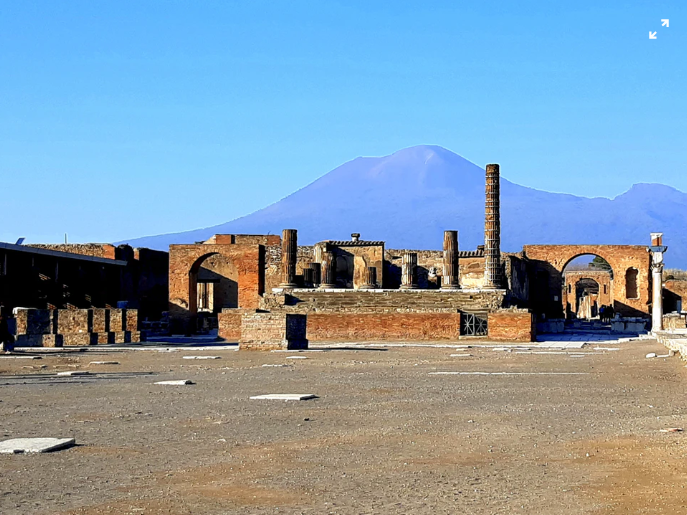A team of scientists and researchers at Pompeii, Italy, has recently shared evidence that ancient Romans were avid recyclers. The same society also brought us impressive inventions such as indoor heating, urban planning, and concrete.

Pompeii ruins reveal that ancient Romans recycled, too: Preserved piles of trash were discovered
As told by the Guardian, according to Allison Emmerson, an American academic with the University of Cincinnati's excavation team, piles of trash that have been preserved were found outside the walls of the city and is believed to have been a staging ground for cycles of using and reusing garbage. It turns out that these ancient societies were also masters in recycling.
The mounds of trash were previously assumed to have been formed when an earthquake struck Pompeii about 17 years before the volcano Vesuvius erupted. Some were cleared in the mid-20th century, and some were still being discovered.
Scientific analysis has traced some of the refuse from sites to suburban deposits that are equivalent to modern landfills, and then back to the city, where the all the materials were incorporated into buildings, such as earth floors.
Americans have generated 6.3 billion tonnes of waste since 1950
Kevin Dicus and Steven Ellis, both archaeologists who worked on the University of Cinncinati's excavations said, "We found that part of the city was built out of trash. The piles outside the walls weren't material that's been dumped to get rid of it. They're outside the walls being collected and sorted to be resold inside the walls."
They added, "Garbage dumped in places like latrines or cesspits leaves behind rich, organic soil. In contrast, waste that accumulated overtime on the streets or in mounds outside the city results in a much sandier soil. The difference in the soil allows us to see whether the garbage had been generated in the place where it was found, or gathered from elsewhere to be reused and recycled."
Of course, since no one wants to live in a place that looks a lot like trash no matter how good for the environment it may be, the walls received a final layer of plaster to hide the garbage.
According to the Environmental Protection Agency, "It stands to reason that 21st-century humanity could learn a thing or two from its ancient predecessors, what with your average American generating 4.51 pounds of garbage per day. In terms of plastic alone, we've made 6.3 billion tons of waste since 1950, more than three-quarters of which ended up in landfills or littering natural environments."
Emmerson also told the Guardian that "This point has relevance for the modern garbage crisis. The countries that most effectively manage their waste have applied a version of the ancient model, prioritizing commodification rather than simple removal."

![Apple Watch Series 10 [GPS 42mm]](https://d.techtimes.com/en/full/453899/apple-watch-series-10-gps-42mm.jpg?w=184&h=103&f=9fb3c2ea2db928c663d1d2eadbcb3e52)


